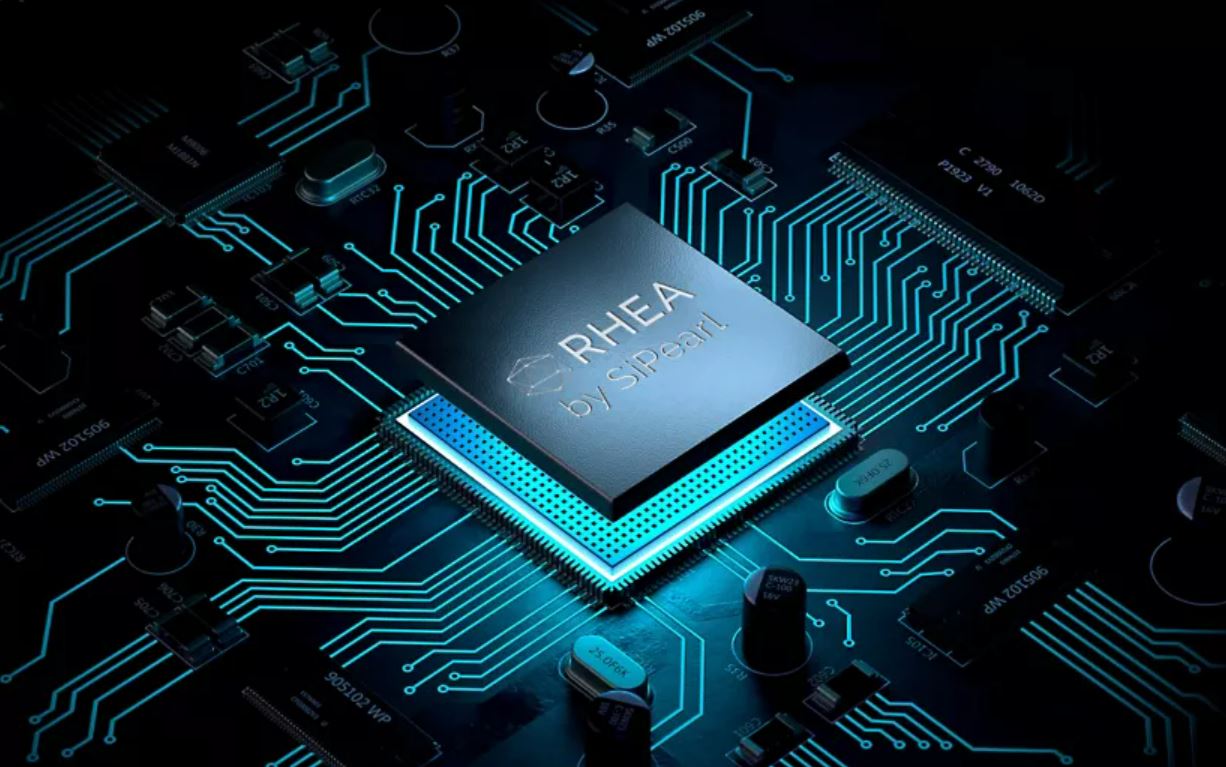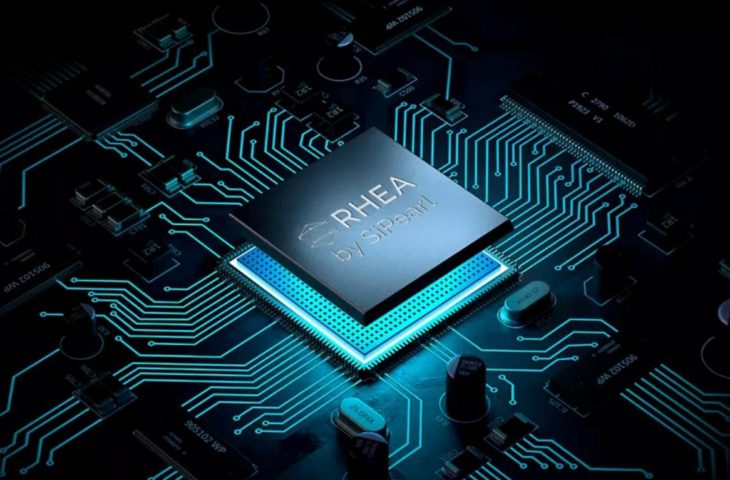The European HPC chip is slowly becoming irrelevant
- May 16, 2024
- 0
SiPearl’s home-built European Rhea CPU, intended to power HPC systems, has been delayed again. The first samples of the processor would not appear until 2025, at a time
SiPearl’s home-built European Rhea CPU, intended to power HPC systems, has been delayed again. The first samples of the processor would not appear until 2025, at a time


SiPearl’s home-built European Rhea CPU, intended to power HPC systems, has been delayed again. The first samples of the processor would not appear until 2025, at a time when all the technology on board will be obsolete.
SiPearl’s Rhea CPU has been pushed back to 2025. Only then will SiPearl begin distributing samples of the HPC processor, with general availability planned for an unspecified later date. The Rhea CPU is part of the European Processor Initiative to increase the EU’s HPC capabilities and was originally planned for 2023.
By 2025, the efforts of SiPearl and the EU funds could be in vain. Finally, all of the key technological components on which the Rhea CPU is built are outdated.
Rhea1 is intended to pave the way for future HPC chips manufactured in Europe. The processor can still take on this pioneering role. Finally, SiPearl supports a broad ecosystem. All steps taken to introduce this chip will also support the introduction of next generations.
A first supercomputer with Rhea is also being planned. The impact on the Jupiter system that Eviden will build in Germany is unclear. The schedule for this system, scheduled for delivery this year, appears unfeasible.
However, we cannot call the saga a success. The delay will undoubtedly reduce Rhea’s impact. In addition, the design is a bit watered down from the start.
Ultimately, the goal of the European Processor Initiative is for the EU to be able to compete with the US and Japan with its own chips. Arm, whose designs SiPearl adopts, is originally a British company that is now firmly in Japanese hands through its parent company Softbank. The license-related ecosystem is also less open than, for example, Risk-V.
Source: IT Daily
As an experienced journalist and author, Mary has been reporting on the latest news and trends for over 5 years. With a passion for uncovering the stories behind the headlines, Mary has earned a reputation as a trusted voice in the world of journalism. Her writing style is insightful, engaging and thought-provoking, as she takes a deep dive into the most pressing issues of our time.